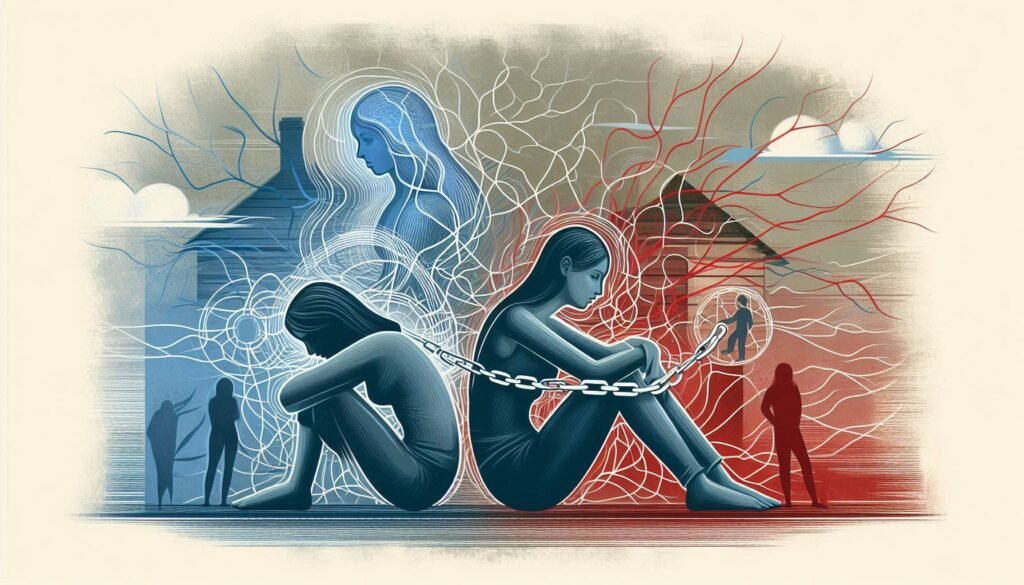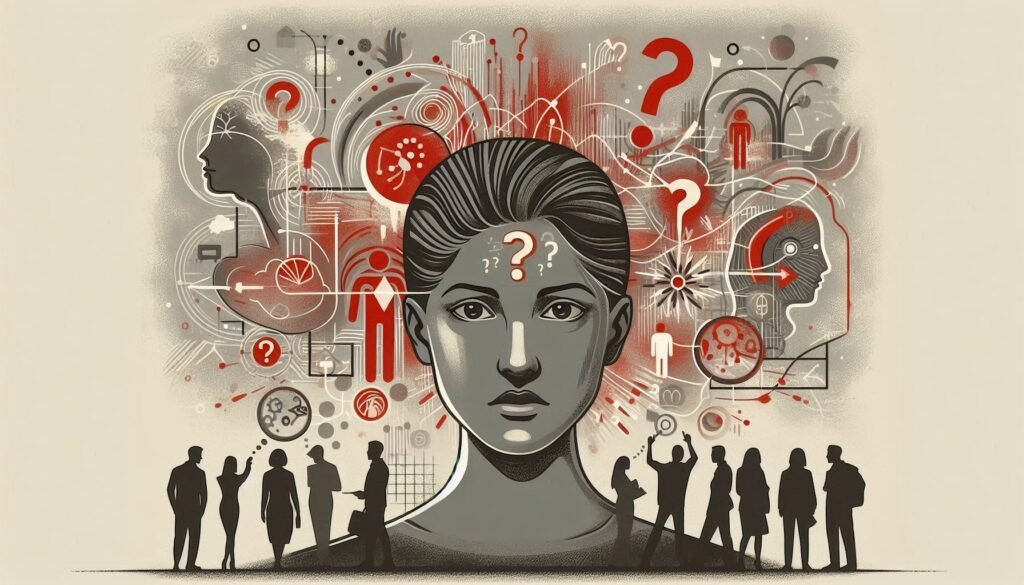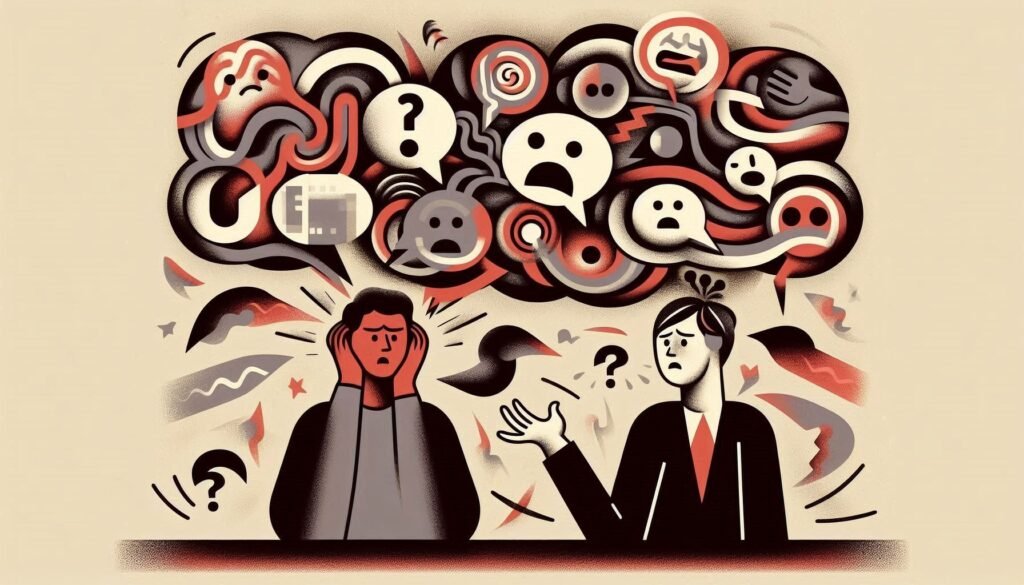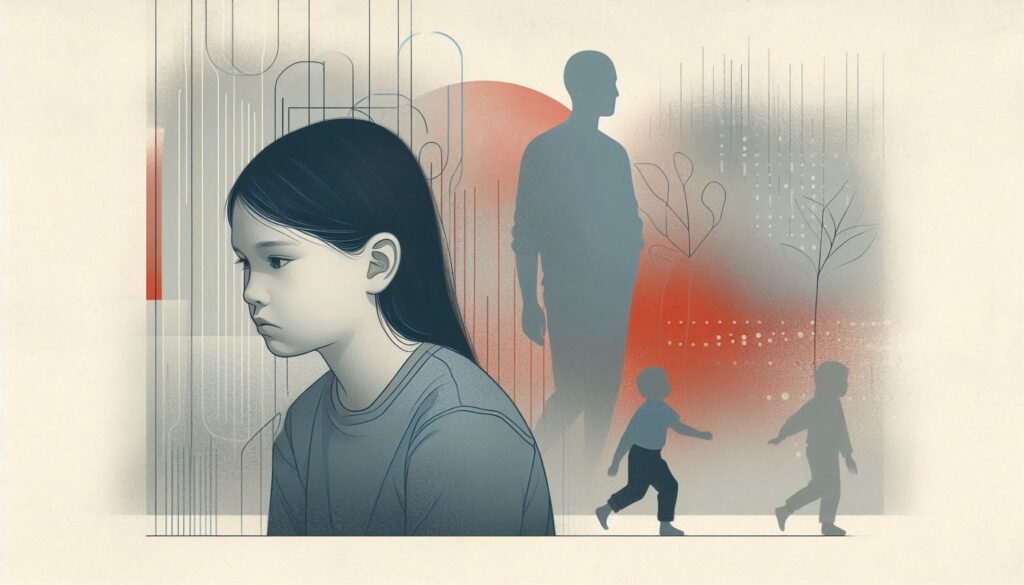Speaking Up and Stress: Neuroticism’s Role in Relational Assertiveness
The dance of communication in relationships can often feel intricate. At the heart of this dynamic lies assertiveness—an essential skill that allows individuals to express their needs and boundaries effectively. However, for many, neuroticism complicates this process. With its roots in anxiety and emotional instability, neuroticism can influence how someone interacts with others, especially when […]
Speaking Up and Stress: Neuroticism’s Role in Relational Assertiveness Read More »










